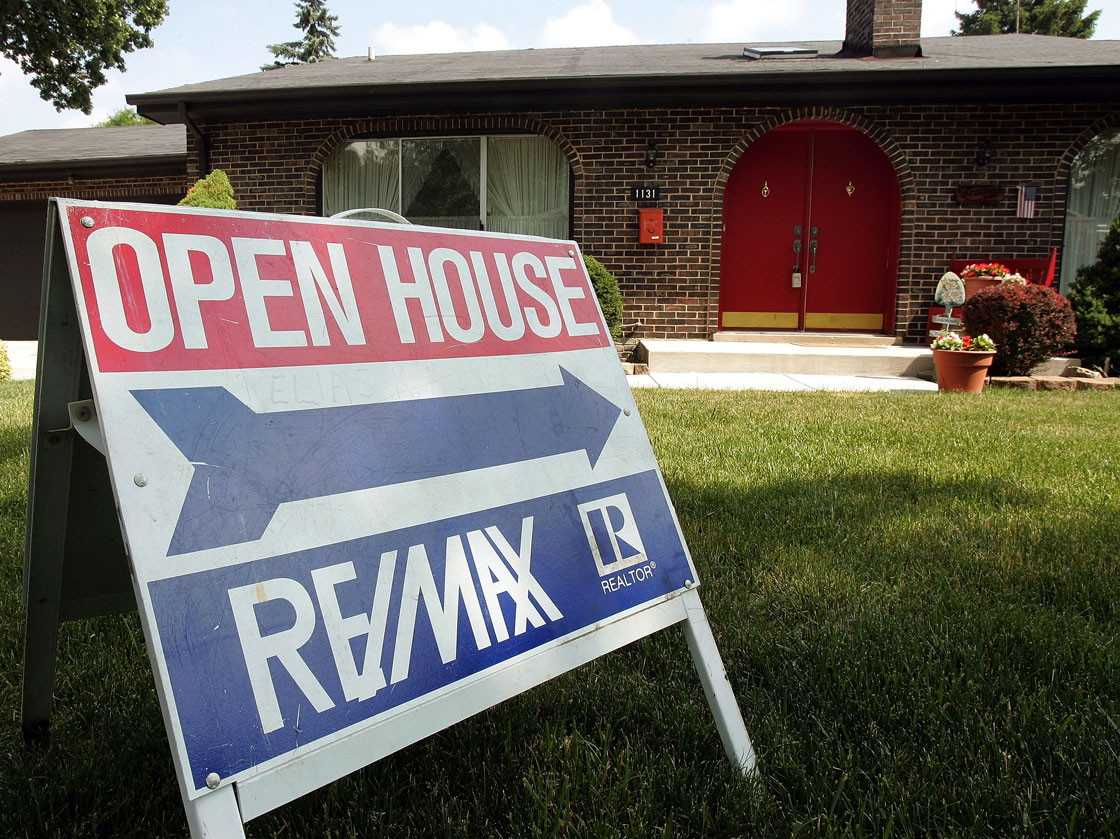Is Canada treading close to a U.S.-style housing bust? Troublingly, one market research firm is openly contemplating a comparison.

Housing ownership levels have climbed in recent years to record levels, and so too has mortgage debt as historically low interest rates over the past decade enticed a national borrowing spree, a note from Capital Economics published Friday says.
Low rates also ignited a building boom in areas like the condo market.
The note – released on the heels of a StatsCan report that shows household debt hitting a new record high in the second quarter – suggests that there’s many signs in the current Canadian housing market that mirror the U.S. market circa 2007 or 2008.
Read more: As housing market cools, so does riskier borrowing
Of course, there’s one big difference: the proliferation of so-called “subprime” mortgages, or home loans lent out to American borrowers with dodgy credit who would struggle to pay back the loan under the slightest of financial strain.
“While the popularity of sub-prime mortgages no doubt contributed to the sharp rise in U.S. home ownership, it wasn’t until after the housing bubble burst that the sub-prime mess was uncovered,” Toronto-based Capital Economics said.
“Given that Canada has the same bubble symptoms of overvaluation, overbuilding, high household debt and government-backed mortgage insurance, the jury is out in terms of concluding how conservative Canadian mortgage lending as really been over the past decade.”
The comments contrast with the fact that delinquencies on home loans have declined to historic lows, according to credit watchdog groups like Equifax, while the banks (the biggest home lenders in the country) reported stronger than expected earnings in the latest quarter, though analysts foresee a slowdown on the horizon.
Read more: How much do Canadians pay for housing?
A recent Fitch report also said the group is well-positioned to withstand a potential housing market correction.
The Capital Economics note goes on to say that while “we agree that Canadian bank lending rules have generally been more conservative than what befuddled the US, the marked deterioration in Canada’s housing affordability and rise in household debt over the past decade suggest the domestic economy will at the least face formidable headwinds as longer-term market interest rates begin to normalize over the next few years.”


Comments